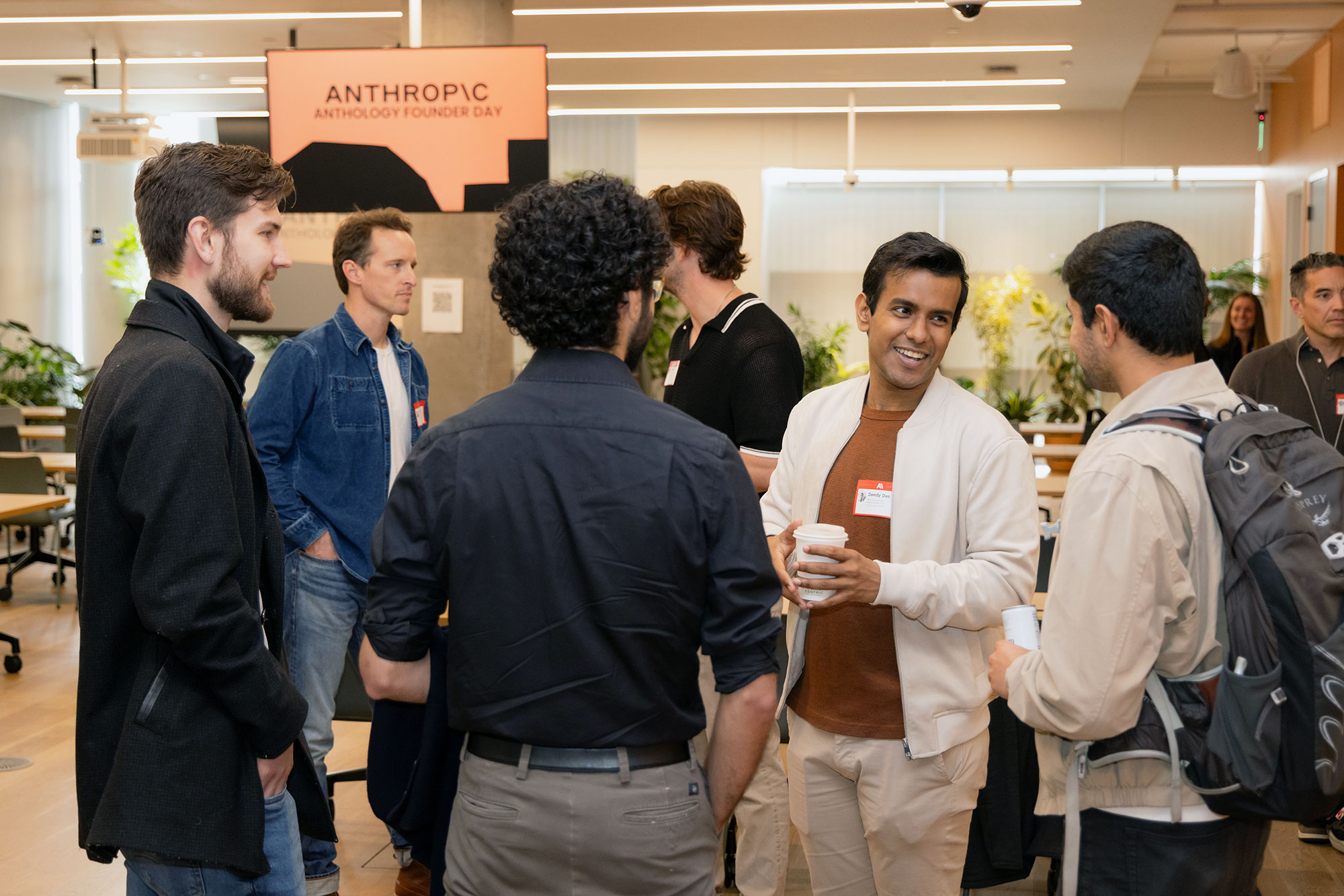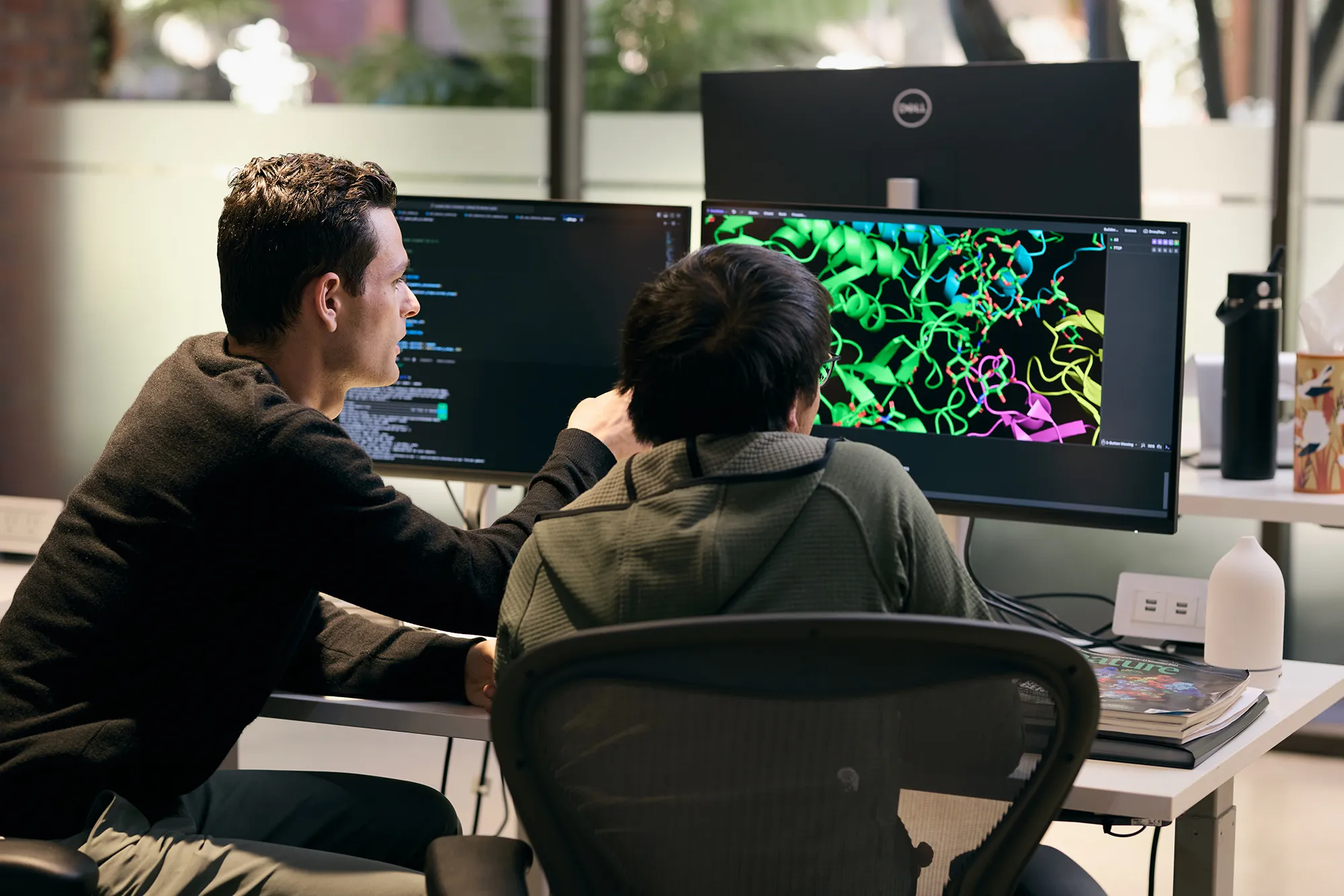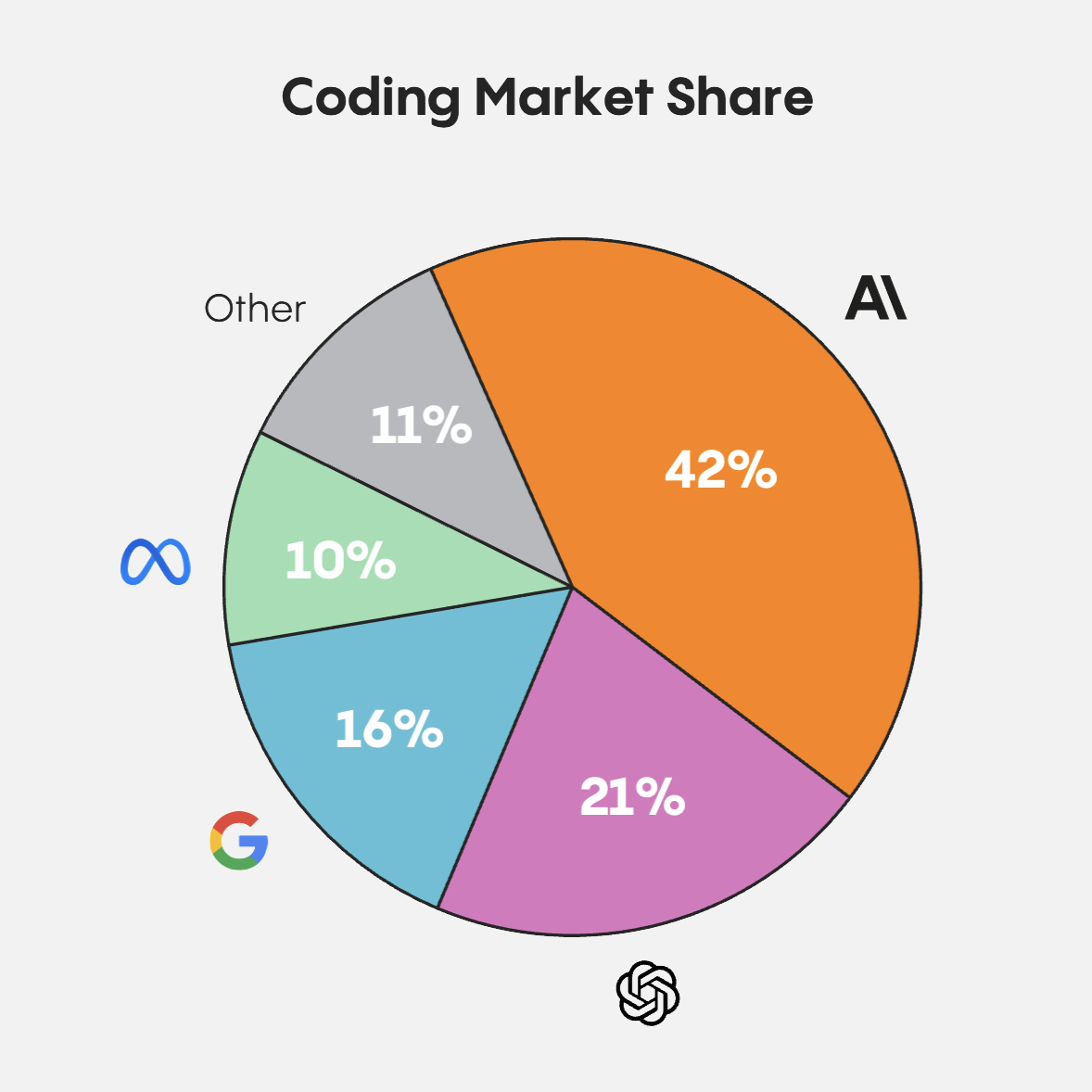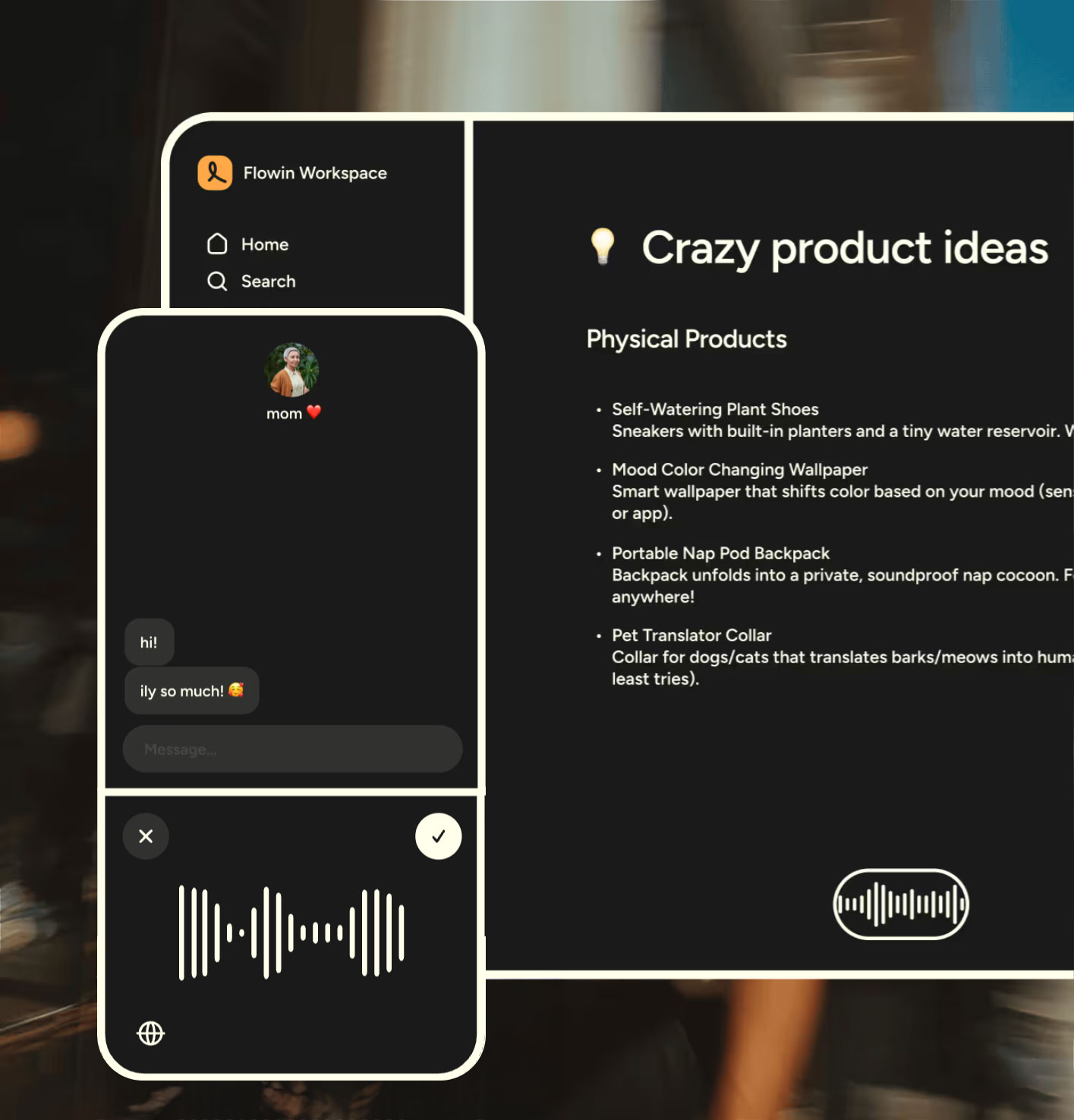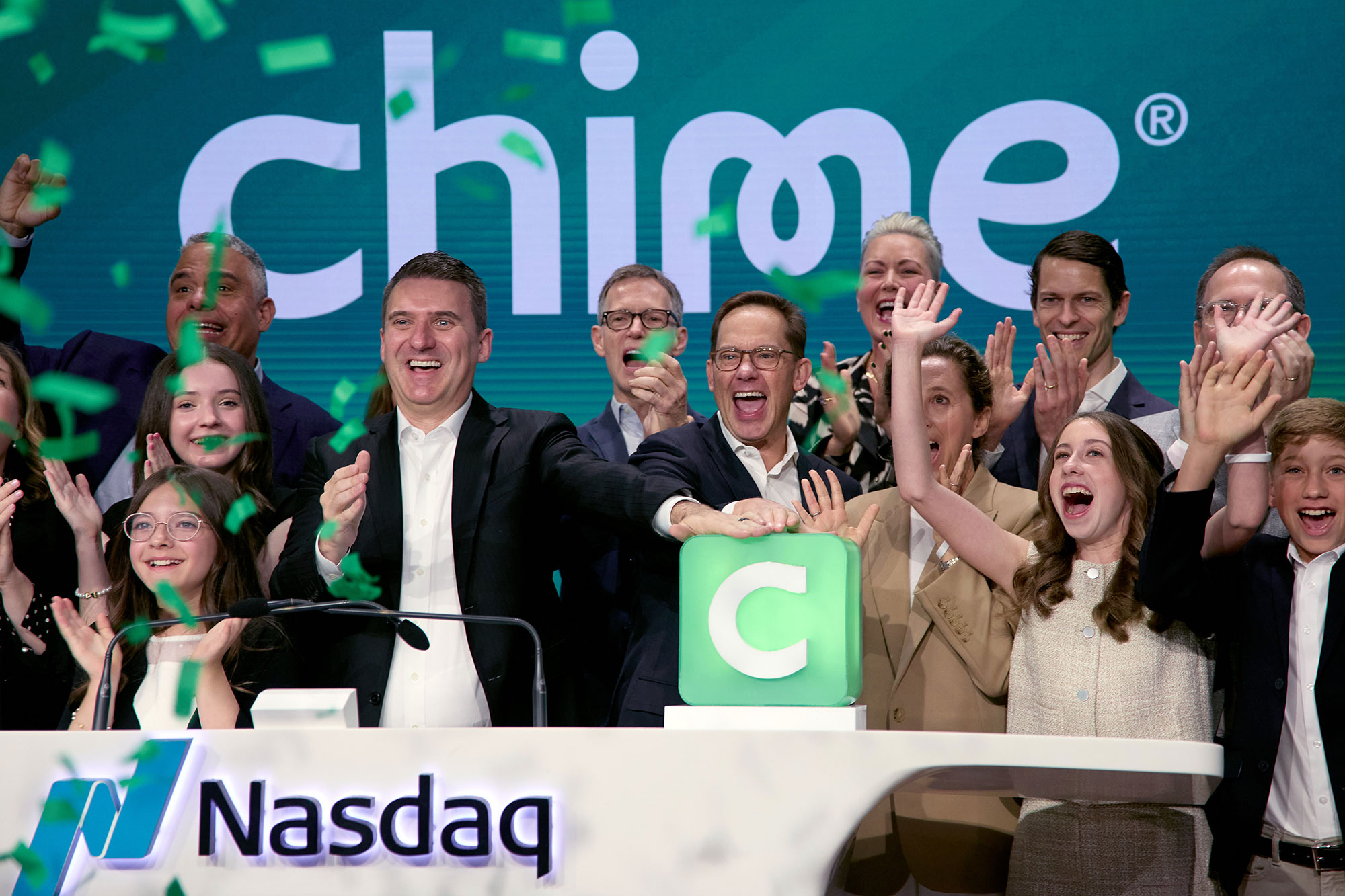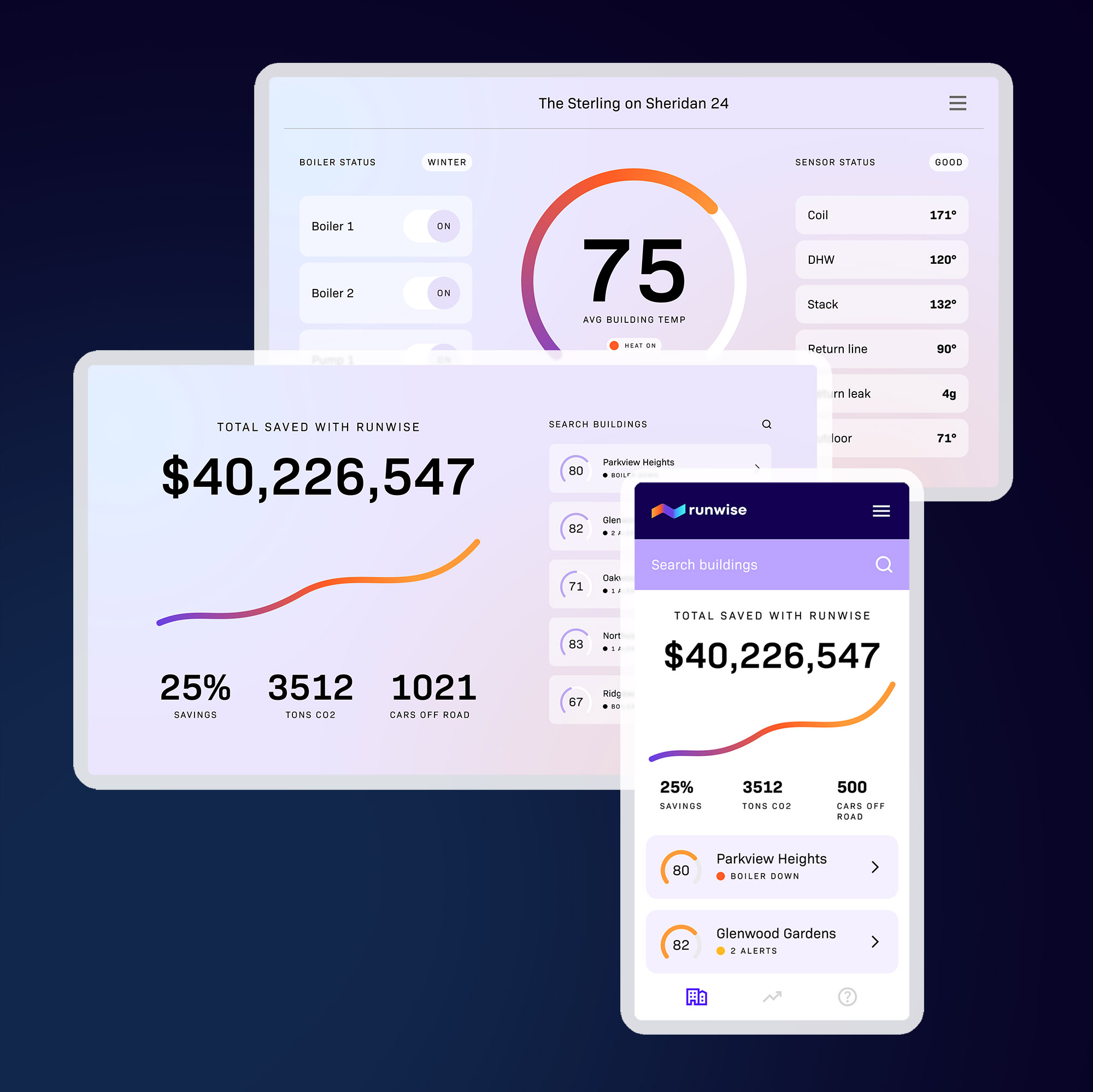All Articles
Perspective
In AI apps, value has shifted from visible interfaces to the hidden scaffolding that connects prompts to outcomes, giving rise to a new type…
PortfolioFunding
Q2 2025 Update from the Anthology Fund
A year after launching our Anthology Fund, a $100M initiative in partnership with Anthropic, we’re excited to share a Q2 2025 update on our…
PortfolioFunding
Revolutionizing Antibody Design with AI: Why We’re Backing Chai Discovery
Chai Discovery is building foundation models for biology and drug discovery to transform how biopharma creates new therapies.
PerspectivePortfolio
2025 Mid-Year LLM Market Update: Foundation Model Landscape + Economics
Foundation models are shaping the future of computing. As their capabilities and economics evolve, so will the systems, applications, and industries built on top…
PortfolioFunding
Doubling Down on Good Job Games
Menlo Ventures is excited to announce that we’ve doubled down on our investment in Good Job Games, co-leading their $60M Series A alongside Anthos…
PortfolioPerspective
Security for Agents and Agents for Security: The Next Cybersecurity Frontier
Securing agentic systems requires rethinking everything from authentication to observability. A new playbook is emerging: security for agents.
PortfolioFunding
Investing in OpenRouter, the One API for All AI
AI news moves faster than any technology has ever before, with developers constantly complaining about not being able to keep up with the vast…
PortfolioFunding
Why We’re Betting Wispr Will Kill the Keyboard
Wispr is not just creating another dictation tool; they are developing a foundational voice layer for technology—a fluid, intelligent, and genuinely intuitive interface for…
PortfolioFunding
Agentic Styling and Shopping: Why We’re Backing Alta
I’m someone who wears all black to work most days because it’s the easiest, and I’m not alone. People have long struggled with what…
PortfolioHow To
From Insight to IPO: How Chime Became the #1 Most-Loved Banking App
Congratulations, Chime! Today, Chime (CHYM) started trading on the Nasdaq after a 13-year journey to “unite everyday people to unlock financial progress.” The team…
PortfolioFunding
The Future of Building Intelligence Starts With Runwise
Runwise is pioneering the modernization of building operations through its integrated hardware and software platform, and joins Menlo Ventures’ portfolio of innovative companies at…




